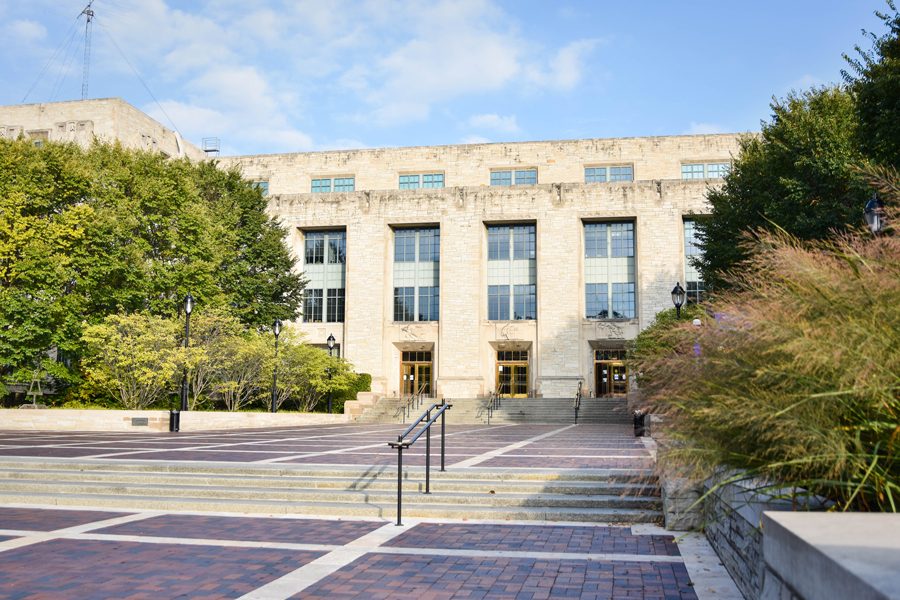After ‘explosive growth,’ EECS to split into two departments
Brian Meng / Daily Senior Staffer
Technological Institute. Following “explosive growth,” the EECS department will split to make administrative processes more efficient.
October 15, 2018
The electrical engineering and computer science department has started the process of splitting into two individual departments.
The split — into one electrical and computer engineering department and a separate computer science department — comes partially as a result of growth in the past few years: The department is now the largest in the McCormick School of Engineering and Applied Science. The large faculty size made reaching consensus on decisions hard, said McCormick Dean Julio Ottino. Combined with recent renovations in Mudd Science and Engineering Library that opened up space for computer science and computer engineering, the size motivated department members to split.
“Now we’ll have two functioning units of comparable size that will function much better in everything they have to do like research and teaching,” Ottino said.
The EECS department currently has three academic divisions: electrical engineering, computer engineering and computer science. Under one department, staff in all three divisions have to vote on decisions, but splitting up would increase efficiency, said Alan Sahakian, the EECS department chair.
“When you’re as large as we are currently and growing, you don’t move as quickly as you’d like,” he said. “Smaller departments can be more nimble.”
After the change, faculty members may be members of many joint departments because they’re currently involved with all three divisions, Sahakian said. He said he expects the process to finish some time between January and next Fall Quarter.
The split follows “explosive growth” in computer science at NU, Sahakian said. The major increased 164 percent in degrees conferred from 2008 to 2013. Northwestern announced plans in 2016 to hire 20 faculty members as part of a $150 million effort to expand computer science.
Electrical and computer engineering have also experienced growth with innovation in machine learning, image processing and signal processing, Sahakian said. The Mudd Library renovations also added a Makerspace where students can design, build and test prototypes.
The EECS department is seeking a Peter and Adrienne Barris Chair for the future computer science department. The Barrises gave Northwestern $5 million in 2013 for an endowed professorship in EECS.
Although the split will alleviate administrative burdens, Ottino said students might not notice it because it won’t have a direct impact on them.
“Students probably will see not much difference,” he said. “The quality of the decisions will be the same as before, but the efficiency will increase.”
Email: [email protected]
Twitter: @dvesurai












